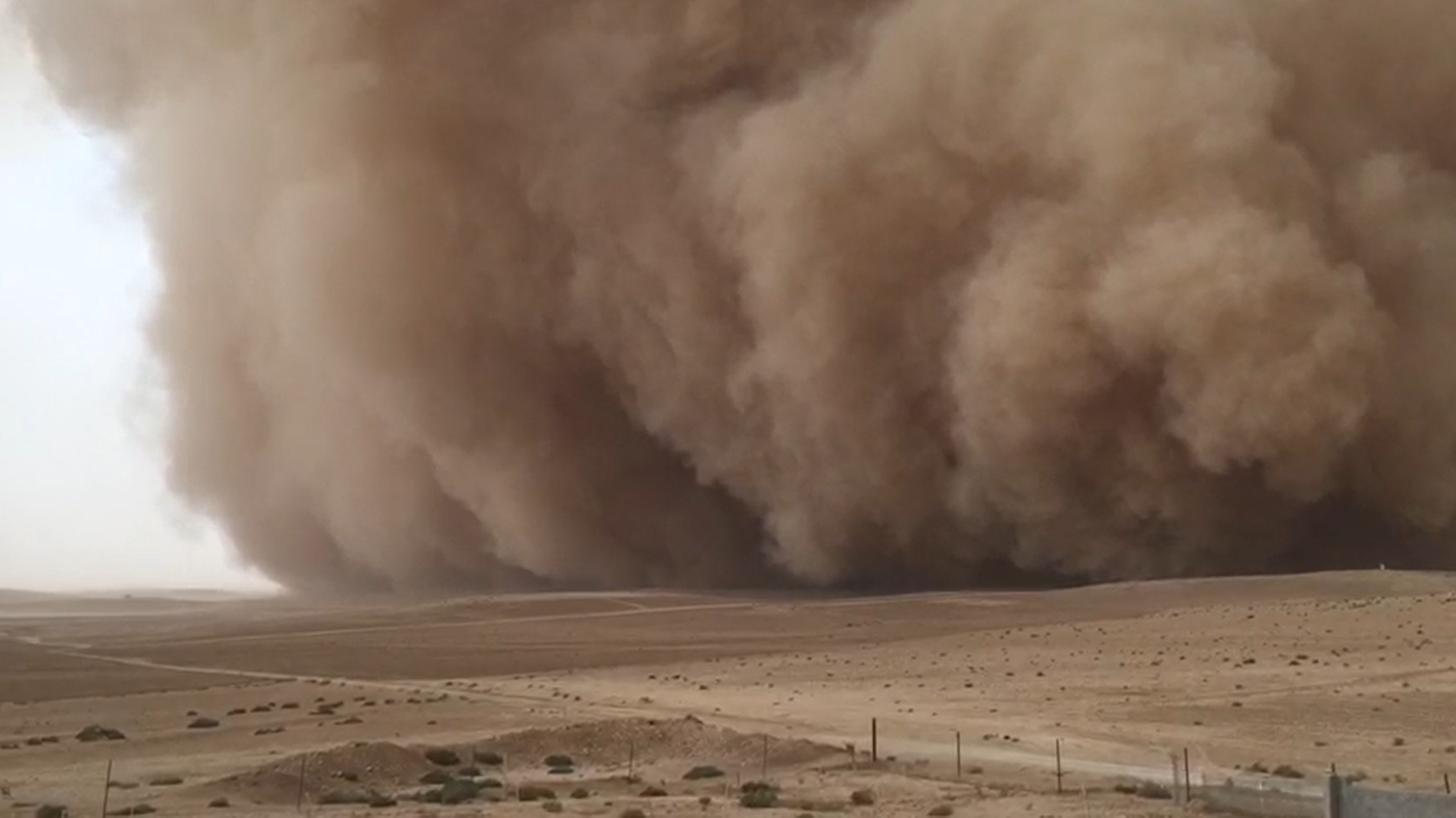

No Posts Found.
Funded by the United States Department of Agriculture, ICARDA’s scaling framework extended goat community-based breeding programs (CBBP) to more than 2,000 households in Konso, Ethiopia. Through the project, led by Dr. Aynalem Haile, communities gain understanding and experience that harmonizes national standards, while allowing them to develop their own way forward. ICARDA offers certification to ensure quality control across the CBBP communities, covering skills such as breeding value, physical integrity, semen assessment, mating ability, and vaccination against five diseases. By engaging with 23 Ethiopian universities in 2021, CBBP was further expanded. Over ten now incorporate CBBPs into their undergraduate program and six have launched CBBPs in nearby villages.
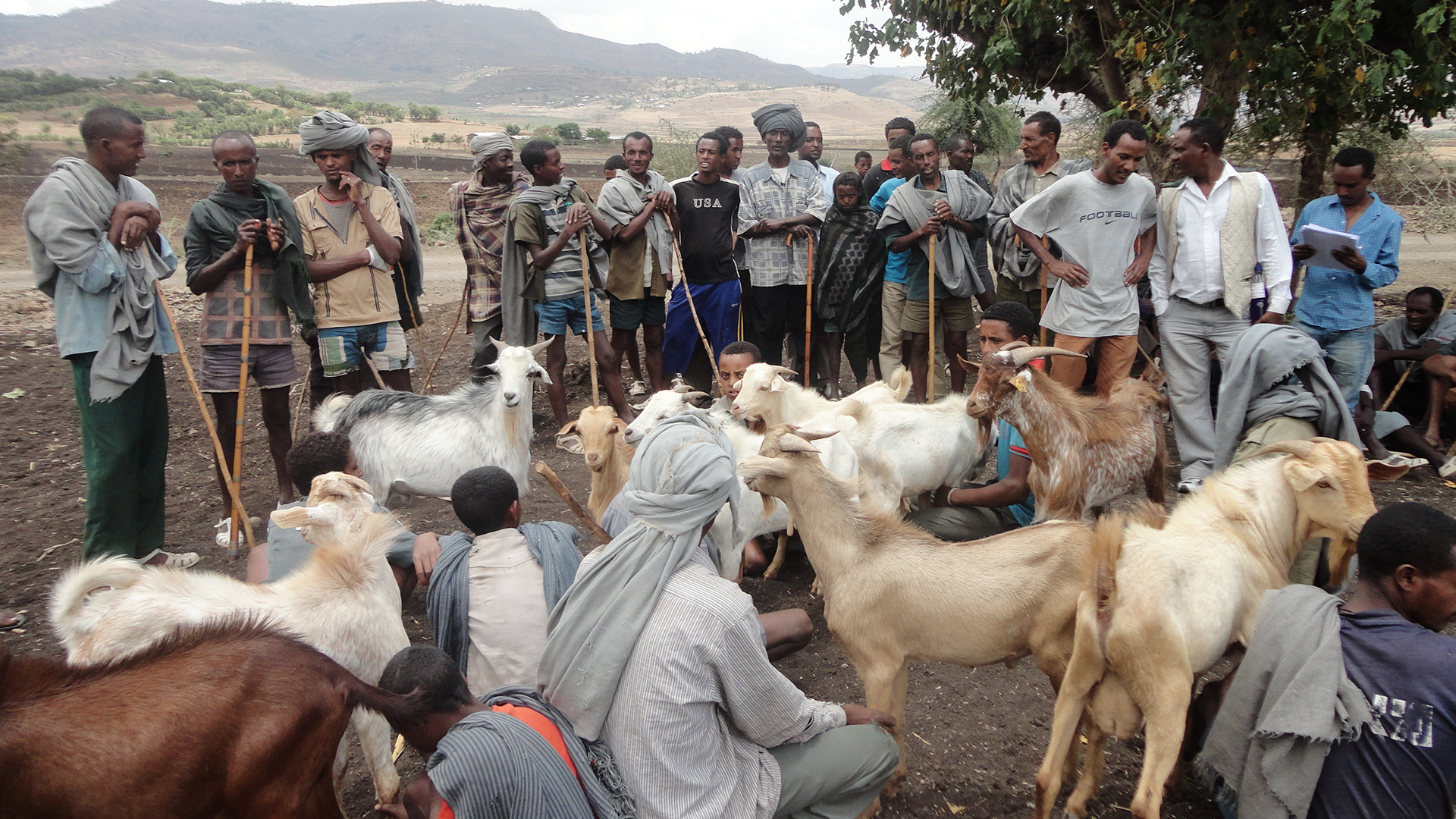
In 2021, ICARDA introduced spineless cactus as a fodder in the degraded hills of Odisha, India, as part of the India-ICARDA Collaborative Program. Known as ‘green gold’, cactus offers a high nutritional value for people and animals alike. It is rich in carbohydrates, amino acids, vitamins, and water, and provides enormous health benefits in the reduction of cholesterol and triglyceride levels.
Some 425.26 hectares were planted with 28,442 cactus cladodes and 16 foundation nurseries and 36 village-level multiplication nurseries were established in a work package led by Dr. Mounir Louhaichi. Funded by the Indian Council for Agricultural Research and implemented alongside the Government of Odisha and the Indian Council of Agricultural Research-Indian Grassland and Fodder Research Institute, the project has created more than 75,500 jobs and generated an additional Rs7,500 (US$100) per hectare.
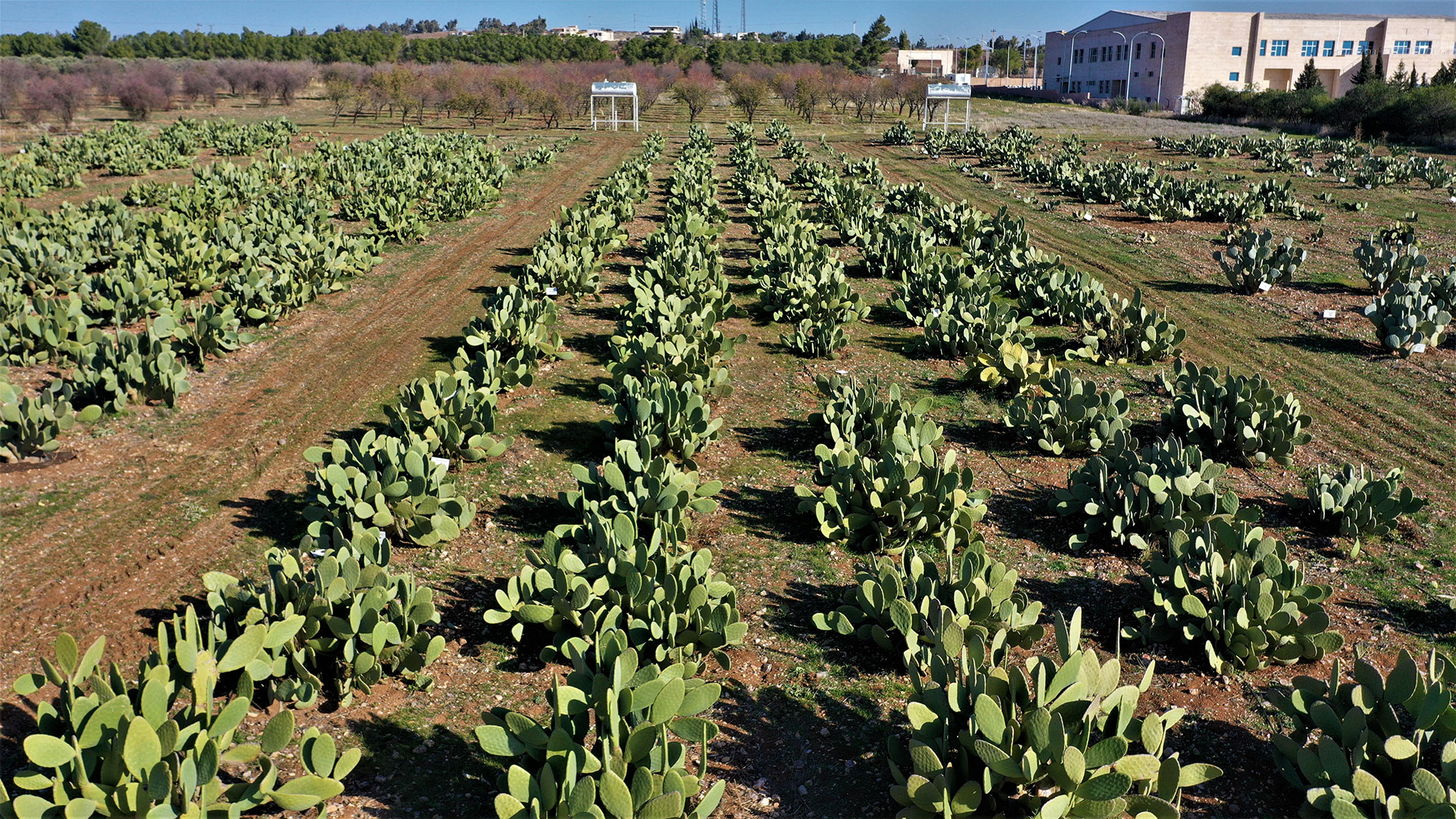
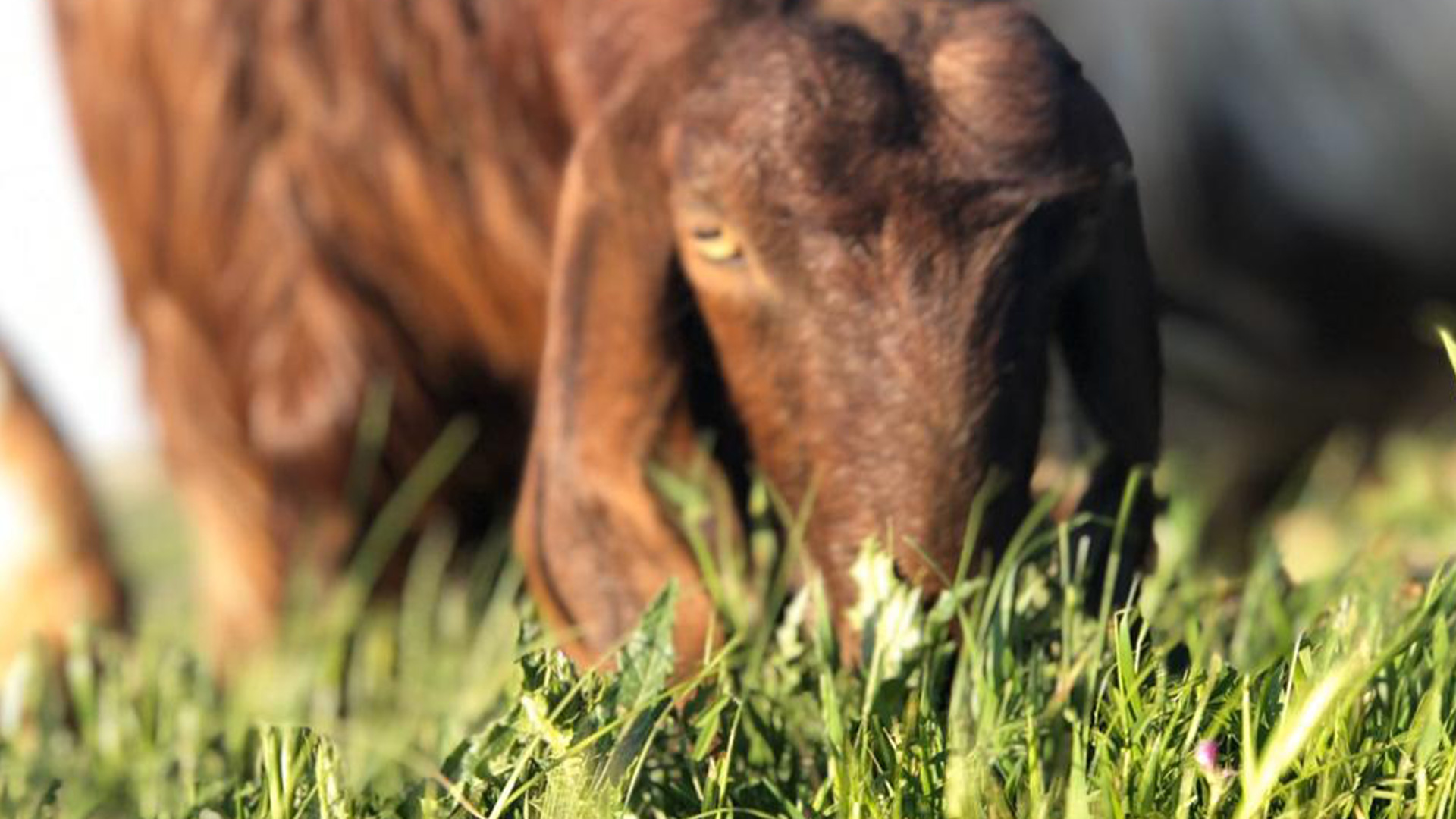
Collaborating with National Agricultural ResearchSystems, ICARDA’s RASP team made a huge breakthrough by identifying in the genomes (all genetic information of an organism) of sheep, specific genes that may be responsible for adaptation to different environments (for example drylands and highlands) and resistance to internal parasites. Such genomic locations and genes can now be used to investigate variations that can be deployed in breeding programs to increase the resistance of small ruminants to specific challenges in environments in which communities live under climate change.
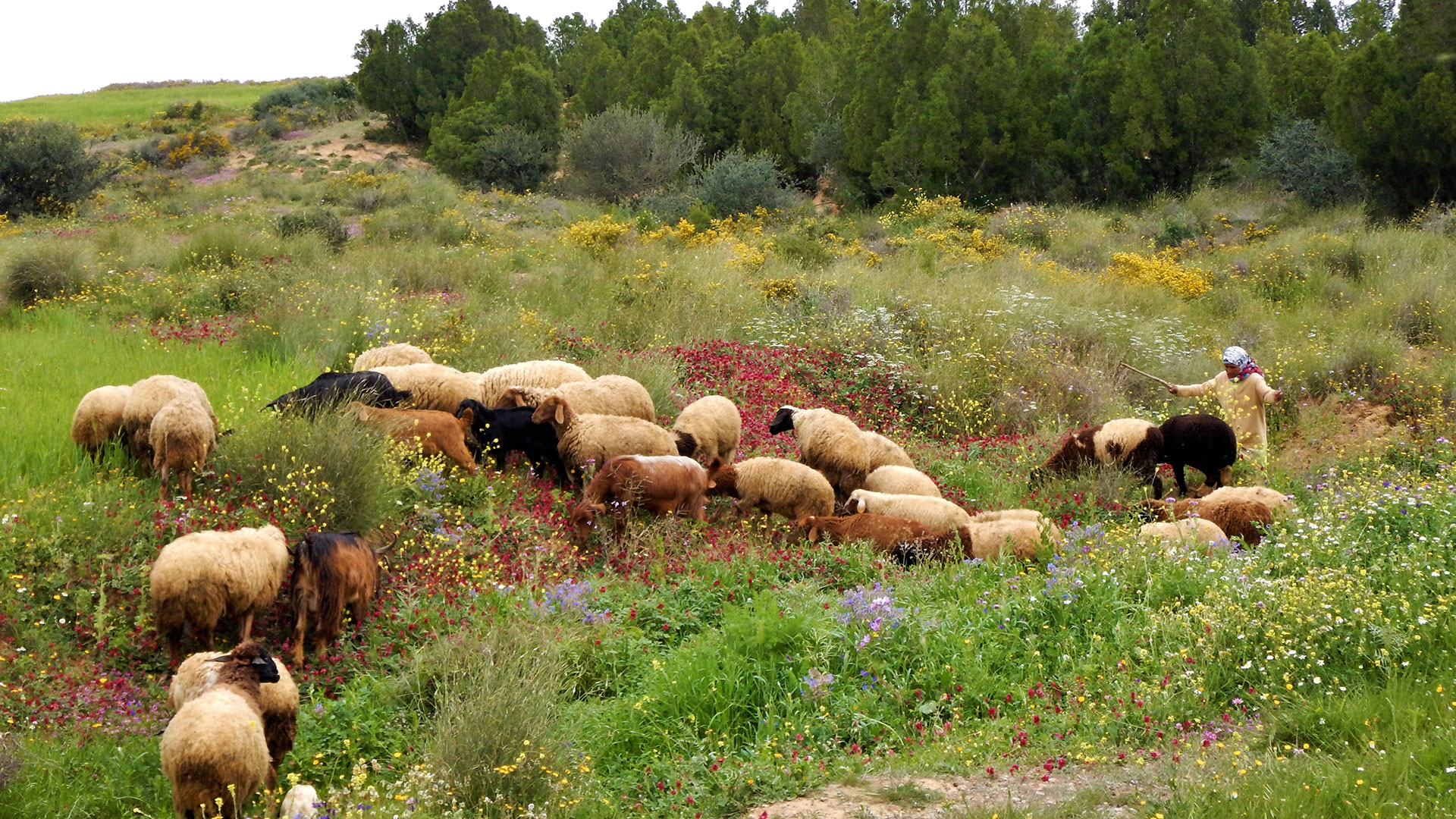
As part of the ICARDA-FAO project, ’Catalyzing Investments and Actions to Enhance Resilience against Sand and Dust Storms in Agriculture,’ ICARDA’s RIDE team developed a framework and evaluation method in 2021 to assess sustainable land management (SLM) practices and their potential to mitigate sand and dust storm sources and impacts on agriculture. By adequately managing crucial land resources such as soils, water, animals and plants, SLM allows for sustainable and environmentally-sound agriculture, and the long-term survival, productive potential, and ecosystem functions of these vital resources. RIDE presented their findings at the United Nations COP26 in September 2021.
